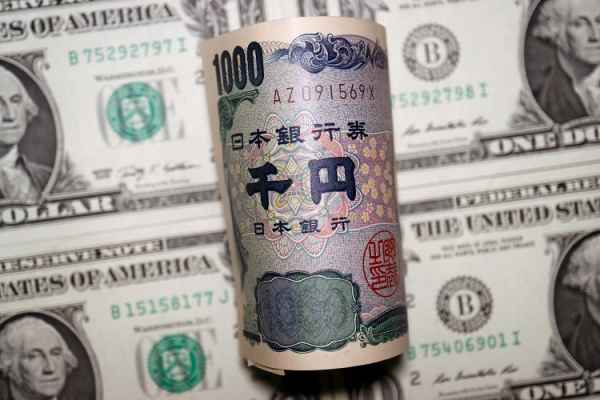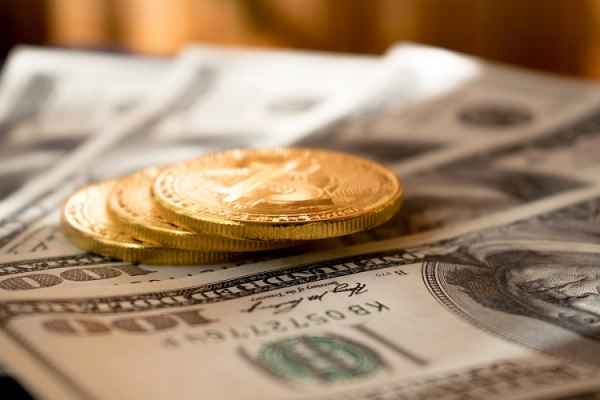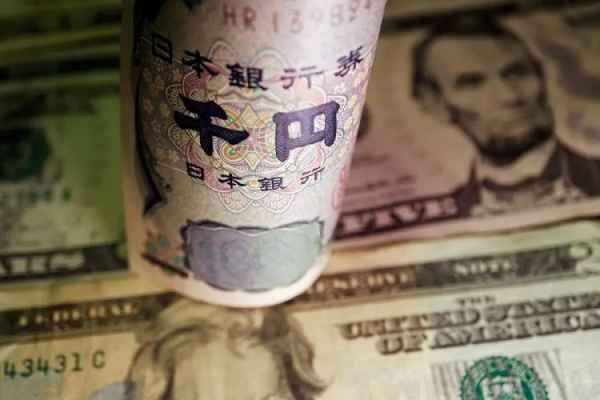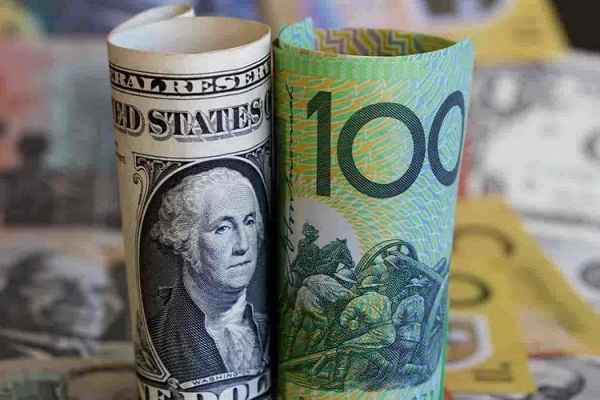The United States, Japan, and South Korea have agreed to closely consult on exchange rate issues. The market sees it as a precursor to currency intervention.

Investors are closely watching the outcome of a trilateral meeting between Japan, South Korea, and the United States, held on Thursday (April 18th), which addressed forex issues. The tone of their statement has unsettled some traders, leading to a decline in the value of the US dollar. Despite robust US economic data released around 160.00, the US Dollar Index (DXY) retreated from its multi-month highs reached earlier in the week.
Trilateral Meeting Outcome
Last week's US inflation data revealed significant and persistent upward pressure on prices, undermining expectations of interest rate cuts by the Federal Reserve and fueling the rally of the US dollar. However, the rapid appreciation of the US dollar has raised concerns about the depreciation of various other currencies.
US Treasury Secretary Janet Yellen, Japanese Finance Minister Shunichi Suzuki, and South Korean Finance Minister Choi Sang-mok attended the trilateral meeting amidst various IMF and G20 agendas in Washington, United States, throughout the week. The meeting concluded with an agreement to "closely consult" on the forex market.
"We will continue to consult closely on foreign exchange market developments in line with our existing G20 commitments, while acknowledging the serious concerns of Japan and the Republic of Korea about the recent sharp depreciation of the Japanese yen and the Korean won," a joint press statement issued following the talk read.
Assorted Uncertainties
Some experts speculate that the US acknowledgment of Japan and South Korea's concerns could signal preparations for currency intervention. Consequently, the market is increasingly wary of the possibility of currency intervention by financial authorities in the respective countries, particularly Japan.
"While I don't see a statement like this being enough to boost the yen and avoid an intervention, the language used there is pretty strong and I wouldn't be surprised to see some concrete moves come out of Japan before the week is out," said Helen Given, a currency trader at Monex USA.
"In the last few intervention cycles, American authorities - most notably Janet Yellen - issued statements acknowledging Japan's motivations and providing verbal support," said Karl Schamotta, chief market strategist at Corpay, "From a strategic perspective, currency intervention is far more likely to succeed when delivered through a coordinated international effort."
"It sends another strong signal to market participants that Japan and Korea are moving closer to stepping into the FX market, while at the same time officials from Japan and Korea will be hoping that the joint statement with the U.S. helps to strengthen the credibility of verbal intervention as well," said MUFG strategist Lee Hardman.
While some traders view the outcome of the trilateral meeting as mere posturing, others believe intervention is imminent but its effects may be short-lived. Nevertheless, there are at least three significant uncertainties surrounding this intervention issue.
Firstly, intervention entails significant costs, with Japanese and South Korean authorities indicating readiness to enter the forex market without specifying budgets or targets.
Secondly, the timing of potential intervention remains uncertain, as Japan and South Korea base their decisions on currency intervention on criteria such as "excessive volatility" and "unusual movements" without specifying exchange rate targets.
Thirdly, intervention does not guarantee long-term strengthening of the yen and won, particularly given the economic performance gaps and interest rate differentials between the US and Japan, which are unlikely to change even with repeated interventions.
"I'm not sure whether Tokyo would intervene just because the dollar breaks past 155 yen," said Masafumi Yamamoto, chief FX strategist at Japan's Mizuho Securities, "Authorities probably feel that solo intervention won't have a lasting effect when a strong U.S. economy is pushing back the timing of a Fed rate cut and driving up the dollar," he said.
Wait-and-See
As of the time of writing during the New York session on Thursday (April 18th), USD/JPY continued to hover around the 154.60 range established on Tuesday. Similarly, USD/KRW remained within a narrow range around Wednesday's closing price. Most market participants appear to be adopting a wait-and-see approach until the next market catalyst emerges.
While the trilateral warning heightens risks associated with buying US dollars, the currency continues to receive support from speeches by Federal Reserve officials and the release of better-than-expected economic data, including the Philly Index and US jobless claims.

 Dedicated FREE FOREX VPS
Dedicated FREE FOREX VPS Free FOREX Virtual Private Server
Free FOREX Virtual Private Server MT4 Demo Contest, Get $500
MT4 Demo Contest, Get $500 Sign Up for an Account, Claim 60% Deposit Bonus
Sign Up for an Account, Claim 60% Deposit Bonus Free MT4/MT5 VPS 2024
Free MT4/MT5 VPS 2024 Send E-mail and Get Free Merchandise
Send E-mail and Get Free Merchandise $1K Refer a Friend Bonus for Pepperstone Pro clients
$1K Refer a Friend Bonus for Pepperstone Pro clients Maximize Your Earnings with 100% Deposit bonus
Maximize Your Earnings with 100% Deposit bonus Trade to Win, $5,000 Monthly Demo Contest
Trade to Win, $5,000 Monthly Demo Contest Claim 30% + 15% Deposit Bonus from LiteFinance
Claim 30% + 15% Deposit Bonus from LiteFinance






